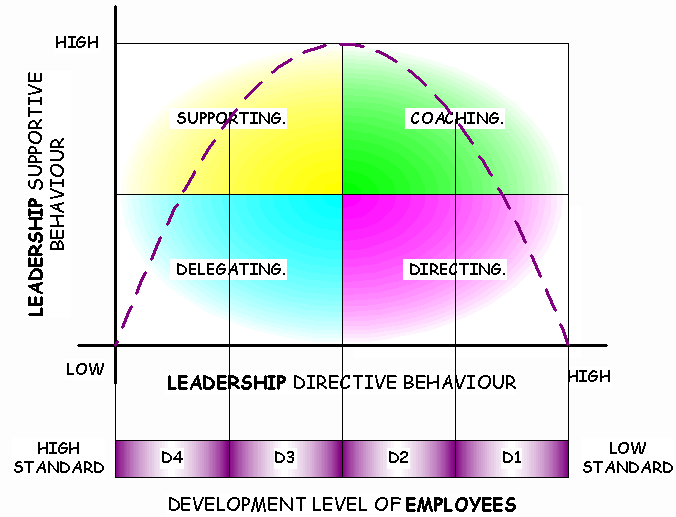The Course:
The course is the first semester biology for our biology majors. This is a heavy content class, with much of the content being required for later classes. Students who do not take the time to incorporate foundational concepts tend to do poorly in later classes.
The Goal:
- Encourage students to become active, independent learners.
- Encourage students to learn the foundational concepts of biology.
- Encourage retention of the foundational concepts of biology.
- Encourage students to see the connections between different concepts of biology; to build in their mind a picture of the systems of living organisms.
The majority of students in this class are use to directive styles of instruction, and do not see themselves as independent learners. The instructional management of this course will start off heavy, with additional resources provided to the students. These resources will included online presentations, notes, links, and helpful hints. As the semester continues, fewer instructor notes will be made available. Students will be asked instead to contribute notes, interpretations and content to the course wiki.
Framework:
The class is hybrid online/face-2-face, meaning that each week, students will come to the lecture hall for face-2-face time, but then the remaining time will be online work.
Online work
- ePortfolio of work including a blog of daily activities.
- Comments on the blogs of other students.
- Access to online tutorials.
- Online quizzes based in a learning management system.
- Papers submitted for calibrated online review.
- Participation in webinars, online help sessions, and discussion boards.
- End of semester reflective paper (based on Prior Learning Assessments)
- Time in class will be mainly devoted to question and answers, mini-lectures (5 minutes on a specific topic), case studies, and activities (such as working with molecular models).
- There will be two assessments to determine comprehension and synthesis of information.
- 1/3 of the student's final grade is determined by the performance in lab. The instructor has very little influence over lab, so this is something I will have very little control over.
- Students will receive points for daily blog activity starting during the first week and proceeding through the 15 weeks of he semester. I should note that points are awarded on "sound participation." What this means is that the student has posted a reflection on the topic, the post is intelligible and logical.
- Students will receive points for the completion of online quizzes.
- Students will receive points on in class assessments.
- Students will receive points for the end of the semester reflective paper and all calibrated peer reviewed papers.
Qualitative studies have never been my strong suit, so I'm working on ways to evaluate the effectiveness of the course. Some of the assessments will include:
- Survey of Student Satisfaction
- Review of Student Participation and Survey by external observer
- Comparison of results of standard departmental questions between sections.
This is the current scheme of the course. Comments welcome.
